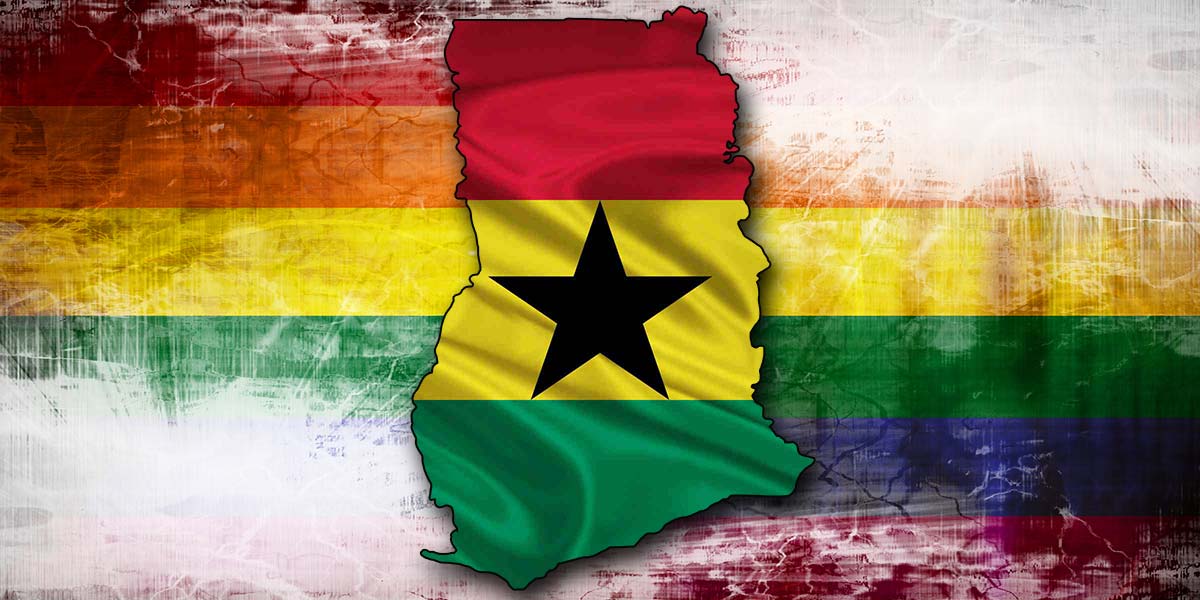Ghana: UN Criticises Court Ruling Upholding Anti-Gay Law

The UN Human Rights Office has expressed “deep regret” over the Ghana Supreme Court’s decision to uphold existing colonial-era provisions that criminalise consensual same-sex intimacy.
In a statement, spokesperson Liz Throssell said that the court’s unanimous ruling on 24 July “is especially concerning given reports of a recent spike in violence against LGBTQ+ people in Ghana.”
Under Ghana’s Criminal Offences Act, inherited from British colonial law, “whoever has unnatural carnal knowledge […] of a person sixteen years or older, with his consent, is guilty of a misdemeanor.” Those found guilty face up to three years in prison.
Prince Obiri-Korang, a law lecturer at the University of Ghana, initiated the suit to overturn the law, arguing that it violated constitutionally protected rights to privacy and personal liberties.
Rightify Ghana, a local human rights group, pointed out that the law “doesn’t have a sexual orientation on it, even though [it’s] used against gays,” and that it effectively outlaws anyone, regardless of sexual orientation, from having anal or oral sex or even using adult toys.
Human Rights Watch also condemned the court’s decision as “contrary to Ghana’s human rights obligations.” It noted that the decision comes as Ghana grapples with a new extreme law that would further exacerbate the oppression of LGBTQ+ people.
Conditions Could Worsen for LGBTQ+ People in Ghana
“Ghana’s Supreme Court missed its opportunity to rid the country of its alien legacy of egregious colonial-era laws,” said Rasha Younes, interim LGBT rights director at Human Rights Watch. “The court’s failure to uphold basic rights for LGBT people only further emphasises why the president should veto the new bill.”
The new legislation, the Human Sexual Rights and Family Values Bill, was unanimously passed by the Ghanaian Parliament on 28 February, but President Nana Akufo-Addo has yet to sign it into law, pending the outcome of two court challenges.
If signed, the anti-LGBTQ+ bill will impose prison sentences of up to five years for engaging in same-sex intimacy and will also criminalise providing or undergoing gender affirmation surgery or simply identifying as lesbian, gay, transgender, transsexual, queer, pansexual, non-binary, or as an ally.
Anyone found guilty of “promoting” and advocating for LGBTQ+ rights in any medium faces up to 10 years in prison, while landlords can be jailed for up to six years if they rent their premises to an LGBTQ+ person.
The UN High Commissioner for Human Rights, Volker Türk, previously described the bill as “corrosive” and warned that it would legitimise prejudice and expose people to hate crimes, police abuse, harassment, intimidation, blackmail, and torture.
Throssell urged Ghana to uphold its obligations under international human rights law, including in the human rights treaties it has ratified, “and to ensure that all people living in Ghana, without exception, are able to live free from violence, stigma, and discrimination.”
Leave a Reply